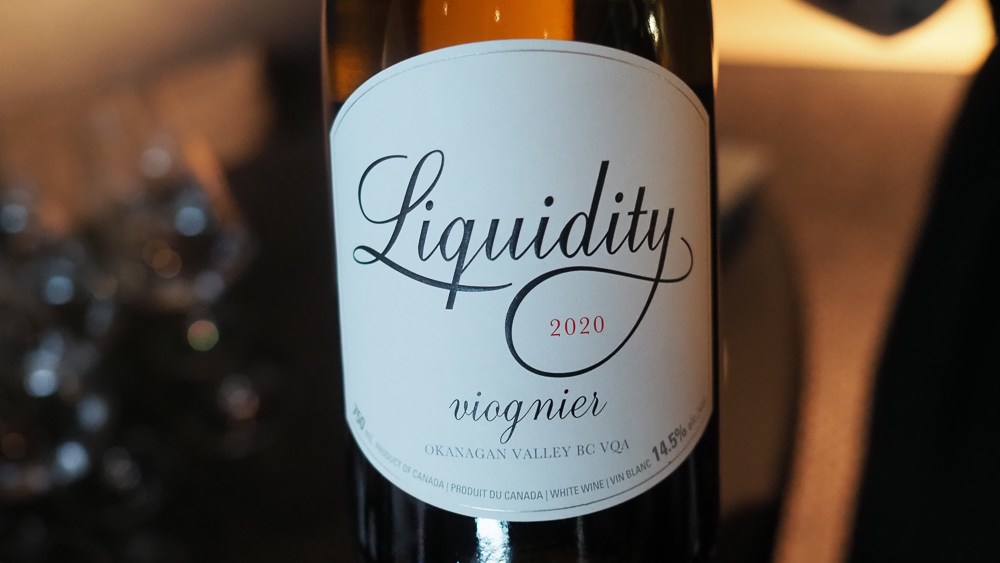Your globetrotting liquor reporter has recently returned from a European vacation, and The Netherlands left me shocked and awed with the state of their craft beer industry.
I arrived in Amsterdam expecting to find the local drinking establishments serving Heineken and Grolsch, but not much else. Much to my surprise, The Netherlands have a vibrant local craft beer scene, with hundreds of craft brewers serving the domestic market.
For those who were not geography majors in school, The Netherlands shares borders with Belgium and Germany, which as all true beer snobs know, are the two countries widely considered to be the historical wellspring of old world brewing.
Similar to Canada, the Dutch brewing industry is dominated by a few megabreweries, but there has been a resurgence of centuries-old traditions as craft beer grows in popularity.
History majors may remember the glory days of the Dutch Empire, which boasted colonies in Africa, Indonesia, the Carribean, and even a little island called Manhattan that was purchased for a song.
It was during these heady days of empire that the Dutch brewmasters invented a high-alcohol extra-hoppy beer, designed to survive the long sea voyage from Amsterdam to the Dutch East Indies (now Indonesia).
Faithful readers may note that this sounds suspiciously like the India Pale Ale style, which the British claim to have invented in 1790, despite the Dutch having a nearly identical beer for almost a century.
This might be attributed to not-invented-here syndrome, or perhaps because England’s brewing industry began by apprenticing under German and Dutch brewmasters, or maybe even lingering resentment from the Anglo-Dutch war.
Whatever the reason, the British seem to get all the credit for inventing IPA, as well as the Porter style, despite the Dutch having a “poorter” beer style centuries before the English.
The rest of the world has figured out that Dutch beer is more than just Heineken and Grolsch, with 50% of beer production being exported to international markets.
To compare that to Canada, we consume almost 90% of our beer domestically, with only 10% going to export markets, mainly our Yankee neighbours south of the 49th parallel.
There are a few crafty Dutch brews available here in Canada, with De Molen being the most common. Located about halfway between Amsterdam and The Hague, the De Molen brewery operates from an old windmill, which dates back to 1697.
The imaginative brewers at De Molen are not content to put out a handful of boring styles and call it a day. There are literally dozens of different De Molen brews available in Canada, all wildly different and exciting.
My favourite is the De Molen Bloed, Zweet, & Tranen, which translates to Blood, Sweat, & Tears for the non-Dutch speakers in the audience. Similar to the German Rauchbier style, the barley is dried over an open peat fire to imbue the beer with a smoky flavour.
We do not see many smoked beers in Canada, so your intrepid was all a tizzy when I found it at a local booze merchant in Calgary.
At 8.4% ABV, this is not a chugging beer, so I shared it with a friend. With aromas of coffee, peat smoke, and caramelized malts wafting off the glass, I sipped this with a hard cheese, and was mentally transported from my living room to an Amsteram café.
For those looking for a slightly more approachable beer, try the Morellen Berliner Weisse, a one-off brew made to commemorate this year’s Oktoberfest. Pouring an orange hue into the glass, there are plenty of Bohemian hop notes on the nose, and a slight tart astringency on the finish. This beer would go well with pretzels & grainy mustard, but a limited shipment was sent to North America, so it will only be available briefly.
If your neighbourhood booze merchant does not stock De Molen brews, just point your iDevice at www.liquorconnect.com to find one that does, or visit well-stocked liquor retailers in Calgary like Willow Park, 5 Vines, or the Kensington Wine Market.
So, instead of settling for the Dutch megabrews like Heineken or Grolsch, challenge your palate with a De Molen craft beer, preferably paired with a nice Dutch Gouda cheese, or a tasty Dutch herring. Whatever your preference, there is a Dutch beer out there for you!






